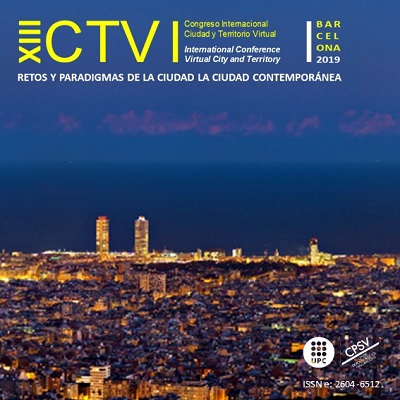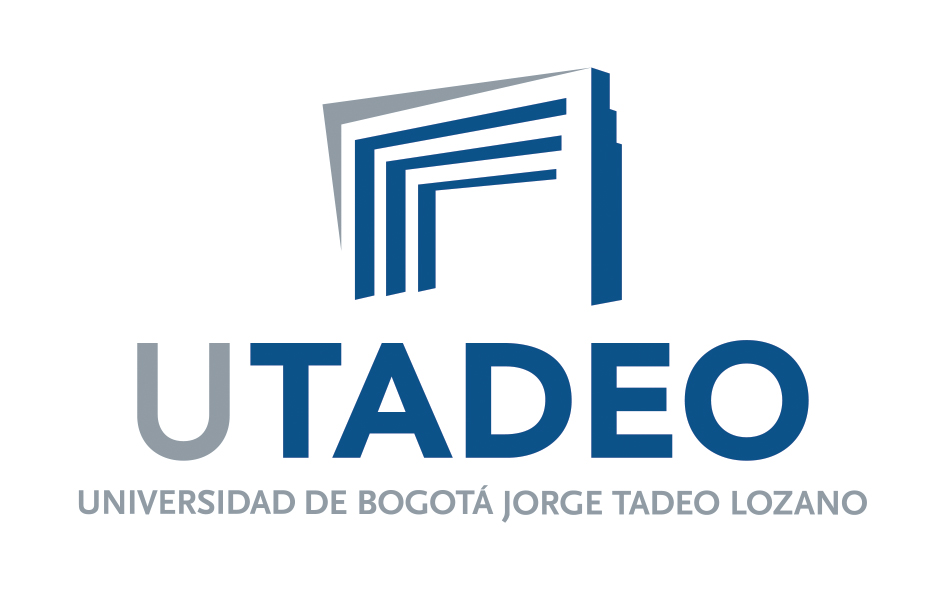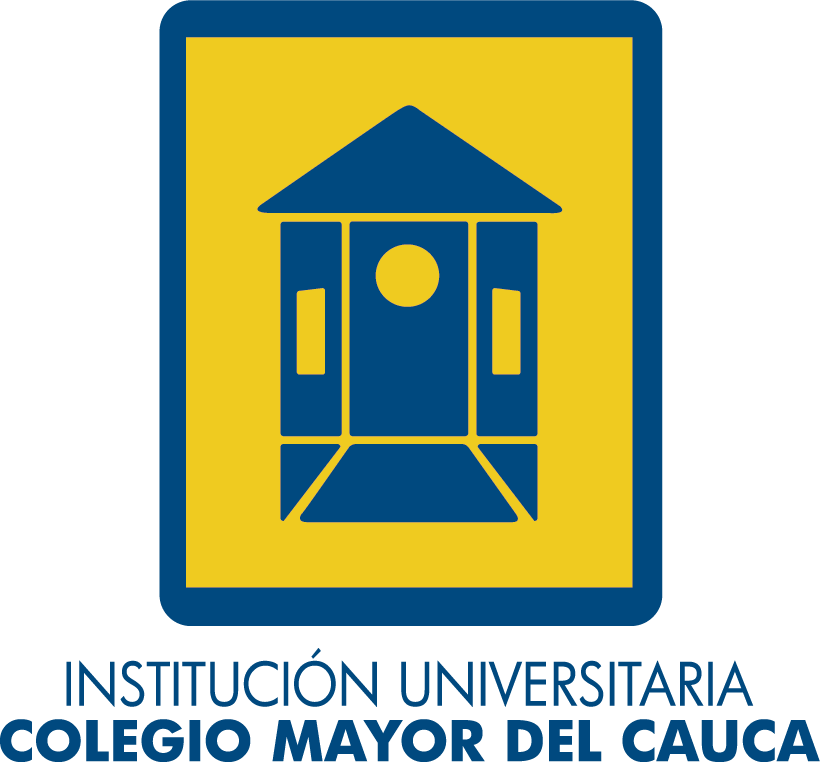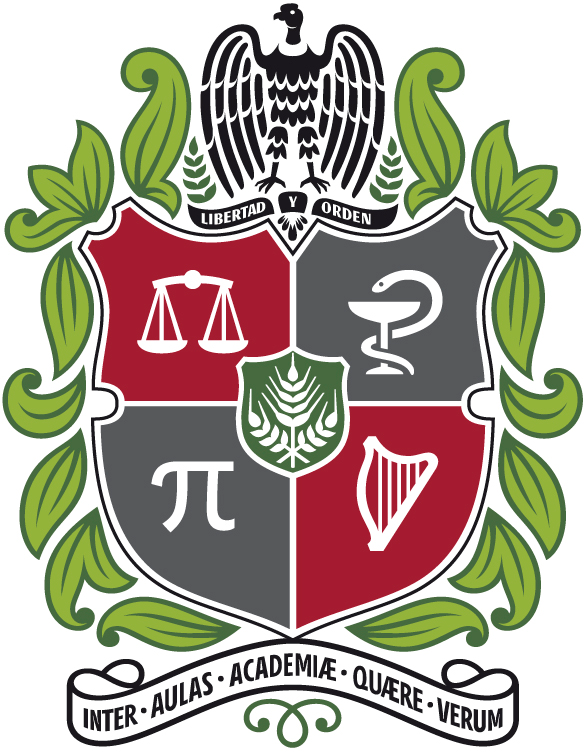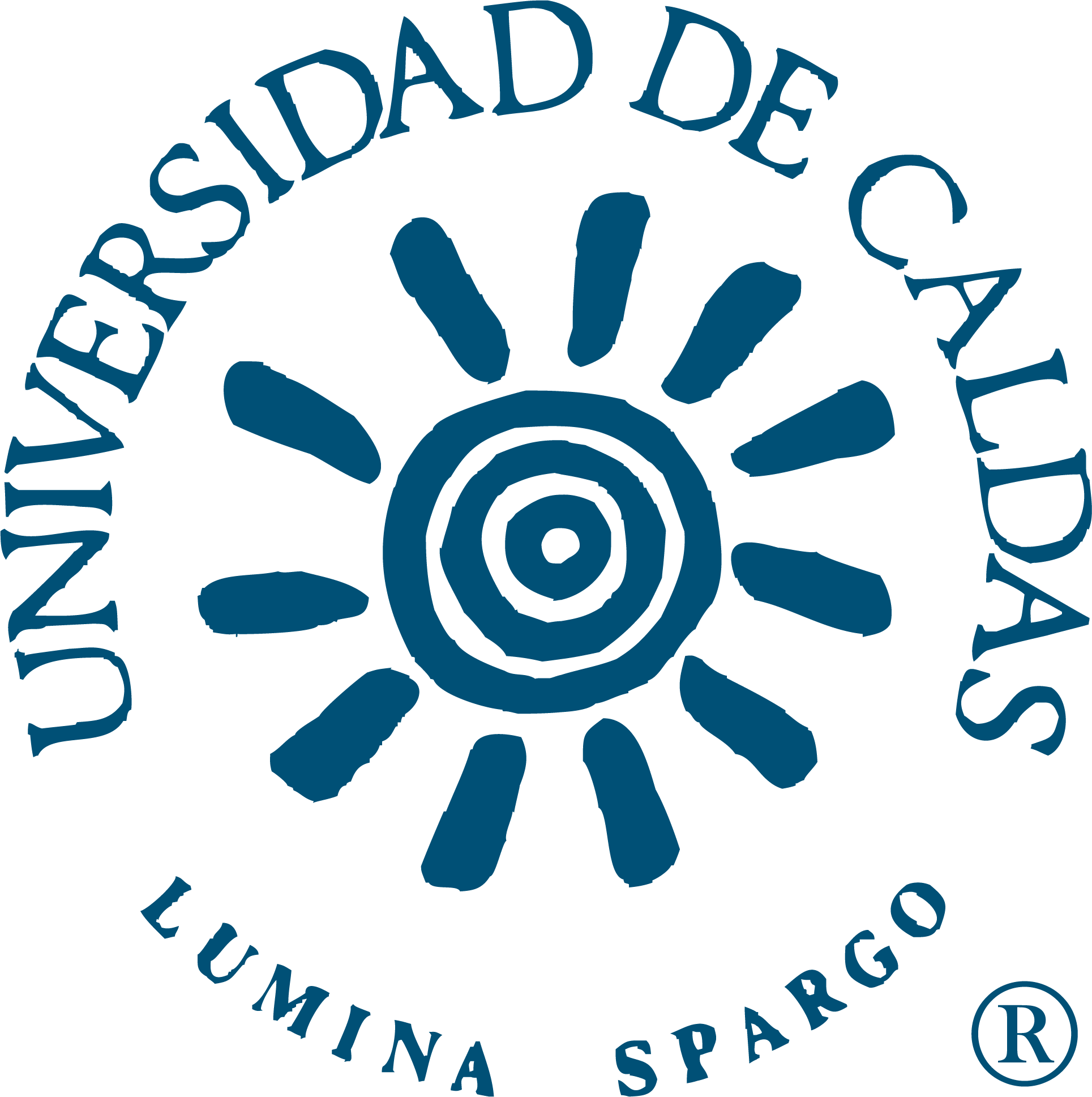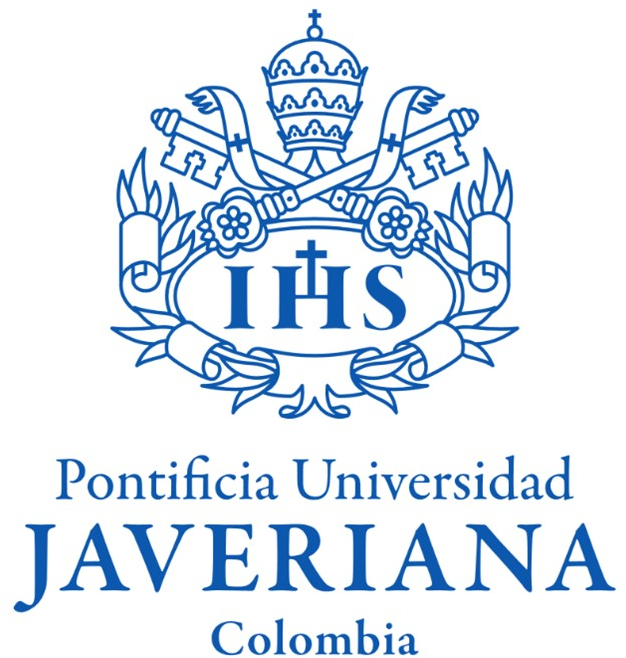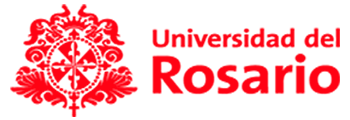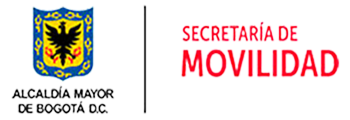Citizen participation strategies and new technologies. Current approach to urban centers and urban innovation centers
DOI:
https://doi.org/10.5821/ctv.8553Keywords:
urban centers, citizen participation, city home, news technologiesAbstract
In recent years the need to implement a new participatory democracy in urban affairs has been ratified, where citizens manage, inform, reflect and propose solutions to the current and future problems of cities. Urban Centers or urban innovation centers are emerging as tools for the construction of collaborative urban policies by strengthening the active role of citizens with common interests, with a local and global vision. The main objective to develop in the paper is the conceptualization and approach around the urban center and its current state, taking as a reference the case of Bologna, Barcelona and Boston, in addition to establishing the current relationship between the face-to-face and the digital in the citizen participation.
Documentary information on the UC has been collected emphasizing their role in the active and direct participation of citizens, which allows us to understand the phenomenon and its variants and the possibilities that may result from its application in the areas of participation Citizen In addition to this, to be able to deepen more in the implementation of this participation, a methodology is proposed that allows determining the necessary strategies for this, with the support of the groups involved in this process and the use of the new platforms and digital media. This methodology is divided into three phases, ranging from the current diagnosis, to the collective generation of proposals; these data will be obtained and processed with survey and participation platforms, as well as face-to-face work tables.
When analyzing the results, we can notice the little dissemination that this type of citizen participation mechanism has had, reaching its greater dissemination and implementation in Italy, the UC of Bologna being the reference point. An interesting case is that of Boston, which is in the transition from a center to a network of centers, allowing the exchange of experiences, raising common problems and solutions and meeting the specific and general needs of the city and its citizens. In the case of Barcelona, a UC is being implemented where urban innovation is promoted in the social, urban, economic and technological fields. These good practices, although they need to be expanded and renewed, can serve as a platform for the creation of a territorially decentralized network of citizen participation and urban collective practices benchmarks. From this, it is important to follow three lines: transform existing ones, including citizens not only as spectators, but as active agents in the shaping of the city, through workshops, seminars, debates, digital platforms, documentation, exhibition centers and work tables, hand in hand with new technologies for the user-citizen; create a wider network of UC, interconnected with each other, to exchange experiences and good practices, and create tools or rely on existing ones, for a real-time, more transparent and accessible participation. This means greater coverage and information on the current participation processes.


